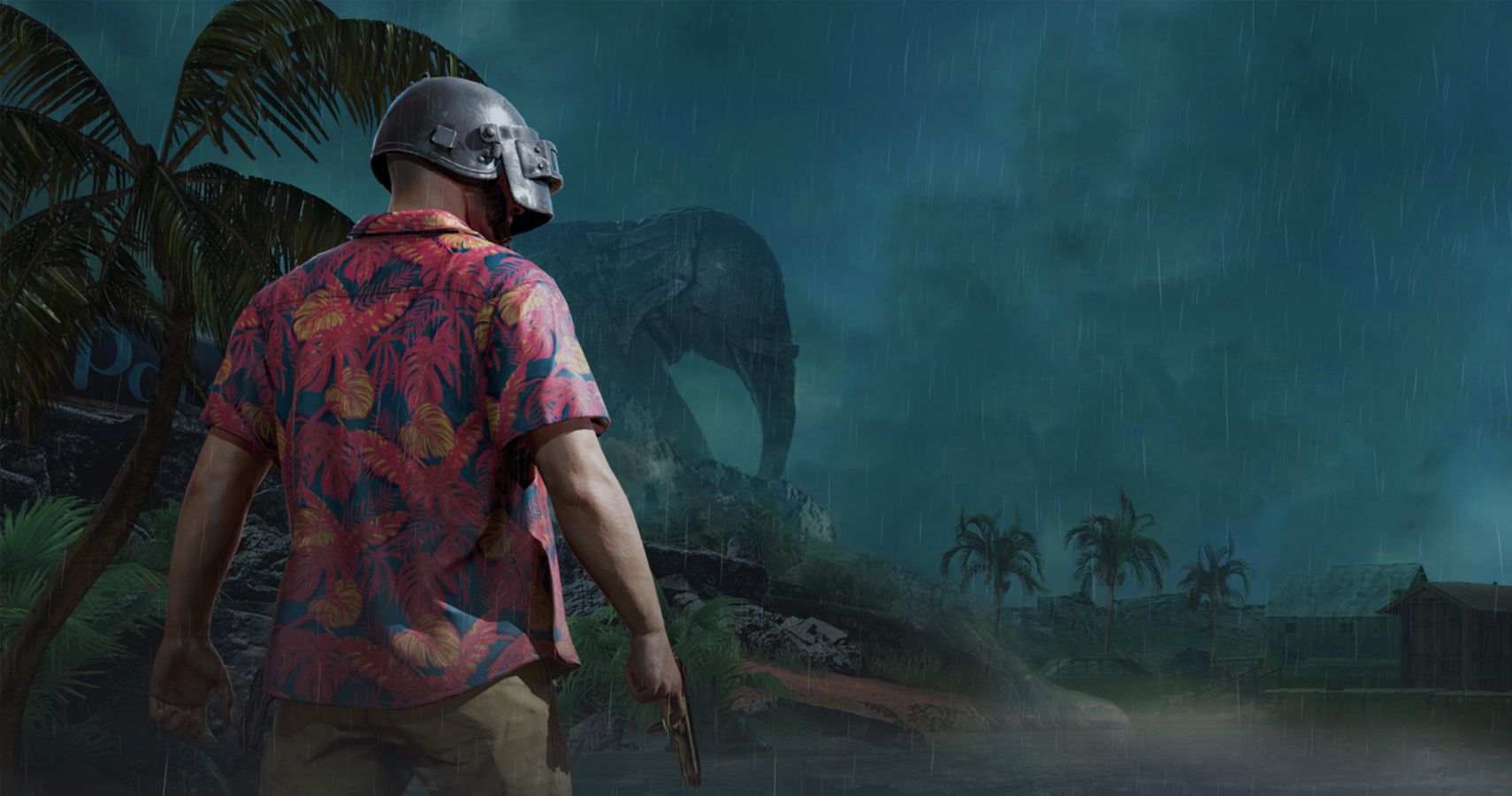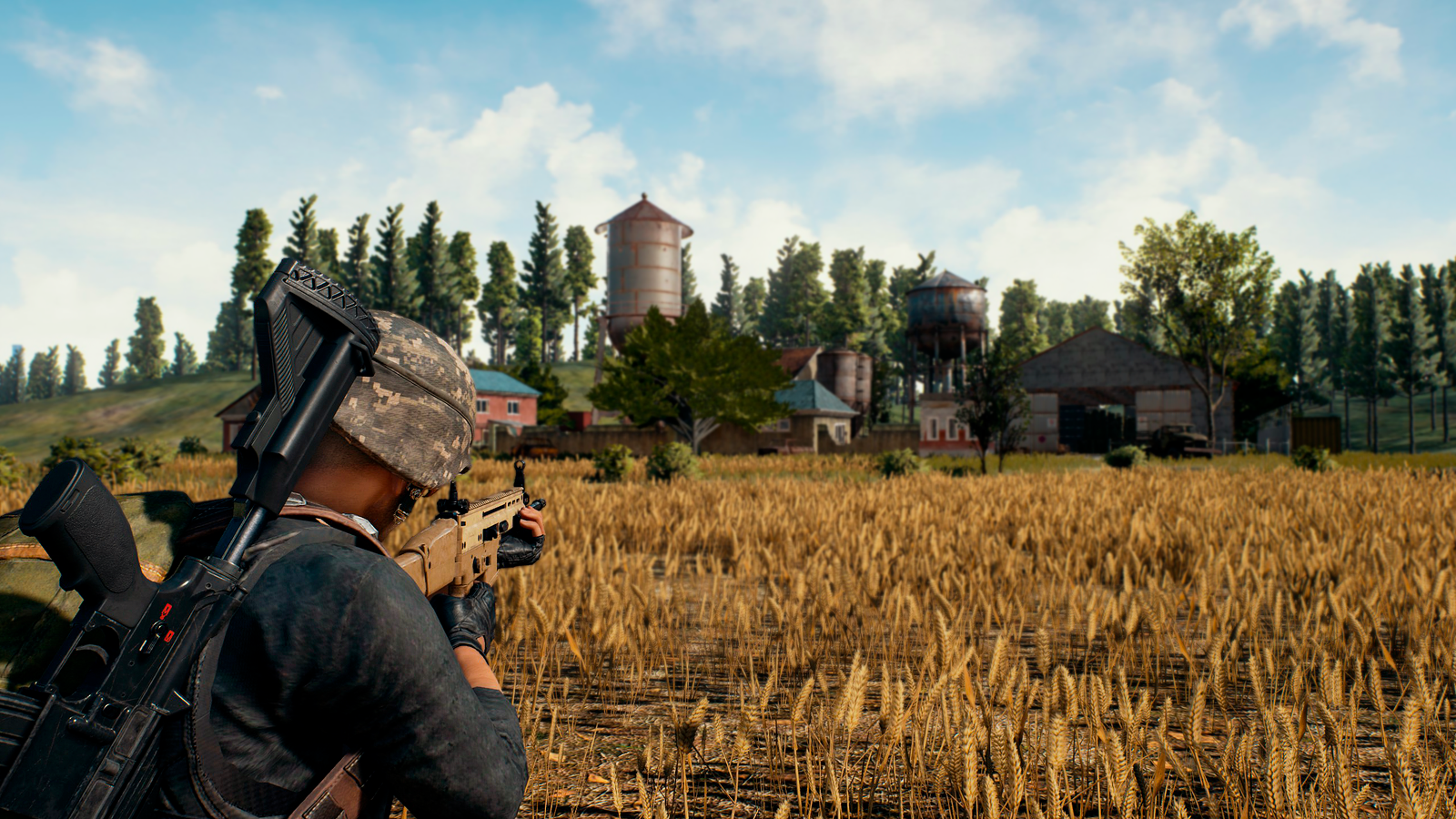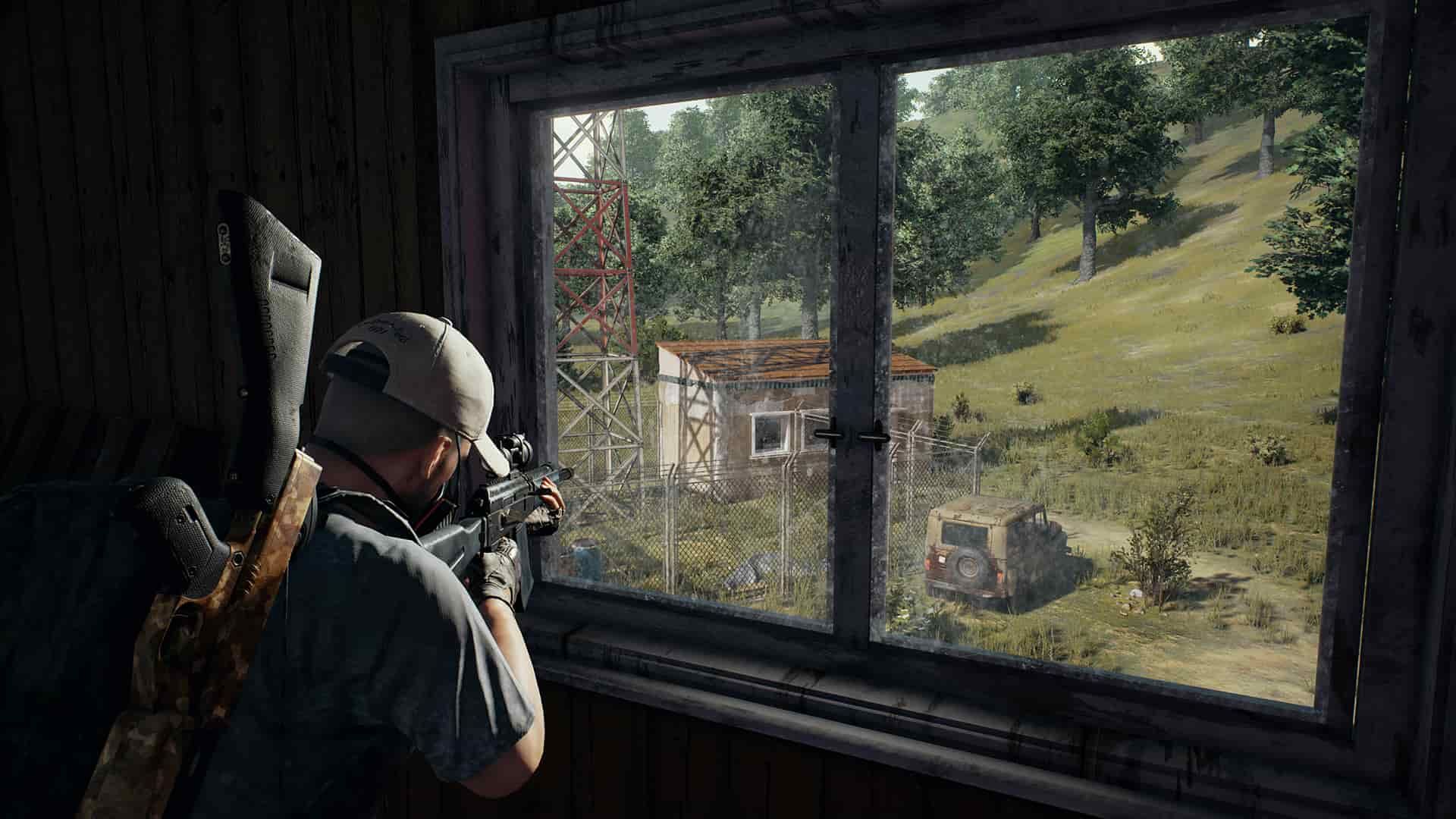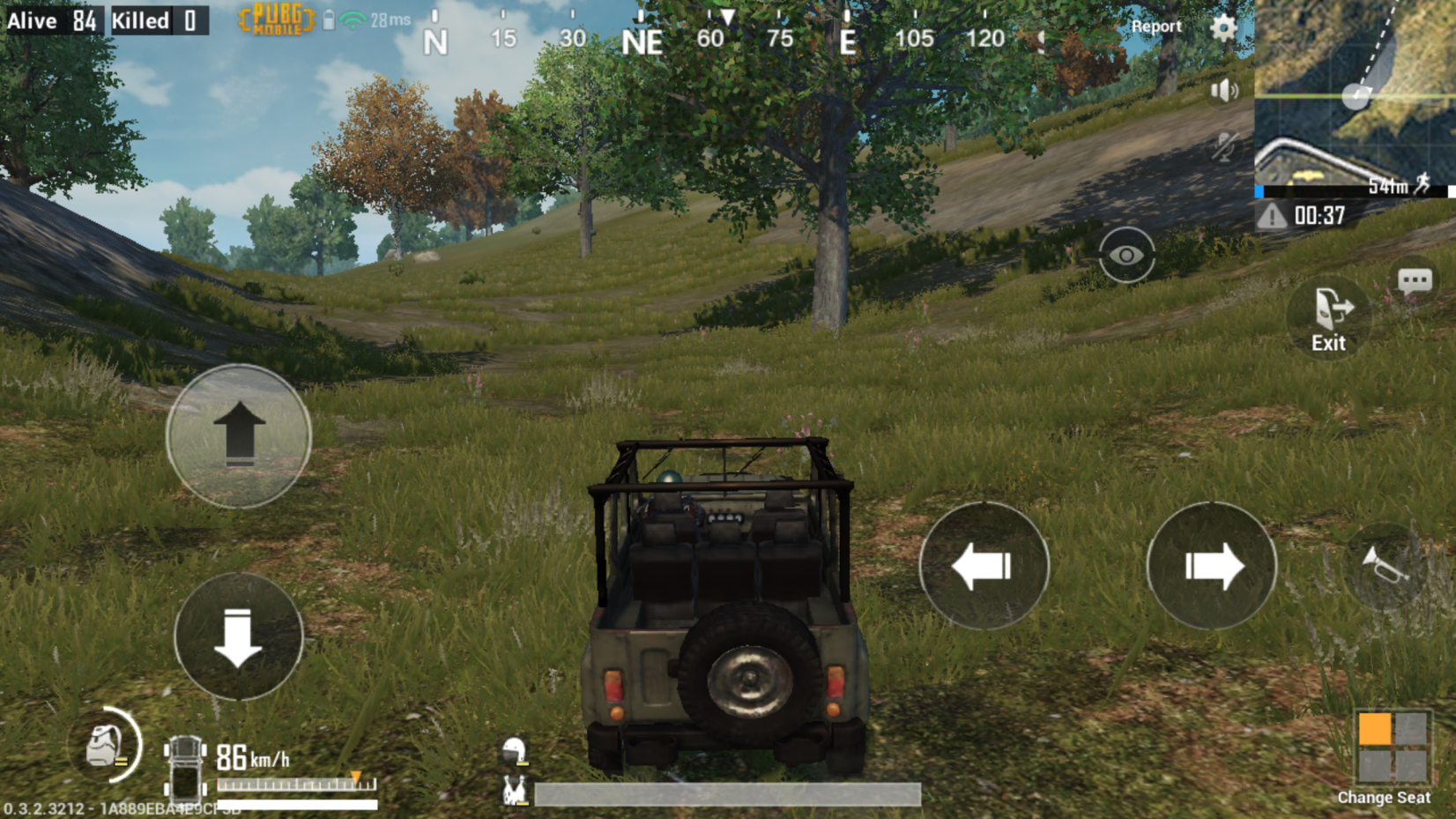PlayerUnknown’s Battlegrounds may be one of the most dominant multiplayer releases of the past few years, but its shortcomings have come to eclipse the title’s once-sterling reputation. While the community circa March 2017 was optimistic and largely agreed that the game had quite a lot of potential, things seem on the verge of unraveling just two years later. When news came in late September last year that developer Bluehole would be axing the option to switch regions and gating certain players’ access to servers depending on ping, PUBG fans rejoiced. However, nearly six months have gone by since these features were implemented in Update 22, and the game’s multiplayer functionalities are still in a state of chaos.
How Bad Were The Cheaters And Hackers In PUBG?
The issue stems from the fact that Bluehole has by-and-large done nothing to quell complaints of Chinese-based hackers invading North American and European servers. While the lag introduced by linking players across such a great distance would be enough to make the average match borderline intolerable, this major influx of dishonest players has tarnished the game’s playability in the eyes of most fans.
RELATED: 4 Ways Respawn Can Crack Down On Cheaters And Hackers
A Chinese redditor recently posted an attempt at explaining the culture surrounding gaming in their home country, and they seem to suggest that, for many of their peers, the ends justify the means when it comes to online gaming. While most Western gamers are apt to feel that a victory is meaningless if they cheated their way to the top, a significant number of gamers in China don’t share those same qualms.
Fans Want Publishers To Region Lock Certain Countries
Fans from around the world have long asked Bluehole to block Chinese players from accessing other regions, and Eastern gaming titan Tencent even introduced a host of region-exclusive servers for PUBG Mobile in the hopes that it would incentivize players based in China to stay within their digital territory.
When PUBG was breaking records left and right and boasting player counts that gave Valve’s Dota 2 a run for its money, Bluehole seemed content to rest on their laurels and sporadically introduce updates while refusing to respond to player criticisms. The battle royale boom of early-to-mid 2018 saw them making money hand-over-fist, and a major reason for that was due to their popularity in the Chinese gaming space. As a result, the developer wasn’t all that keen on doing anything to harm an extremely profitable economy despite the fact that it came at the behest of Western players.
RELATED: 10 Gamers Have Already Been Arrested In India Following PUBG Bam
Yet, as player numbers dropped and competition became more prominent, Bluehole finally caved to audience demands and removed the ability to search for games by region. While it was a well-received—albeit incredibly late—gesture, it did relatively little to stem the torrent of cheaters plaguing Western servers. Players can easily use a VPN service to artificially switch regions, and there are similar workarounds for the ping lock restriction. Things may be a little better than they once were, but aim-botting, unkillable cheaters sporting triple-digit ping figures are still fairly common in most areas.
Why Publishers Don't Want To Region Lock
In response to the uncertain state of PUBG, fans of other multiplayer-focused titles have urged developers to region-lock Chinese players. Most notably, battle royale fans currently enjoying EA and Respawn Entertainment’s Apex Legends are adamant about curtailing the flow of hackers.
PREVIOUSLY: Apex Legends Players Call For Respawn To Region Lock China
Most publishers, however, won’t be willing to act on these suggestions. As previously mentioned, the Chinese market is often very lucrative, and region-locking won’t do away with the fundamental issue of cheating. A quarantine of all Chinese players will do nothing but frustrate both standard players and hackers alike in that area, and, should the region’s interest in the game fade because of an artificial blockade, Electronic Arts could stand to lose quite a bit of income.
What’s more, while restricting server access on a continental basis is fairly common and simple to implement, forcing every player in a single country or continent to stick to native servers would be a nearly insurmountable challenge. Should EA and Respawn force all Asian players into the same space, the entire region might find the game unplayable.
Will PUBG's Players Come Back?
It’s not all bad, of course; players in southeast Asia, Oceania, and Russia have found queue times to be more tolerable since the update, and it has helped to lessen the tide of undesirable players in certain regions. That said, Bluehole hasn’t done enough to bring frustrated players back, and this is merely one of many major stability issues inherent in the experience. While titles like Epic Games’ Fortnite and the aforementioned Apex Legends seem to be providing much smoother, more player-friendly experiences, Bluehole appears to be doing little more than sit on their thumbs as the community which once vehemently supported their project moves on for greener pastures.
As with all games, this downward trend in player count likely has a considerable amount to do with the game’s age. Few titles can boast the continued popularity of software like CS:GO or Team Fortress 2, and, according to Steam Charts, this update did virtually nothing to draw players back to the game. While its status as a willing victim of player mal-intent couldn’t have helped, it’s likely that PUBG is succumbing to simple entropy.
RELATED: PUBG Bans More Pro Players Over Hack That Lets Them See Opponents' Location





